The upstairs rooms in older homes often have poor airflow and inadequate ventilation. When summer comes around, these spaces can be especially hot. We have researched methods to help you find ways to cool your upstairs rooms.
Here are some ways to cool the upstairs rooms:
- Open all vents properly.
- Install light curtains and drapes.
- Turn off generators and other heat-generating devices.
- Keep the HVAC fan turned on.
- Check ductwork.
- Check insulation.
In this article, we will discuss more simple fixes for making the upstairs feel cool and comfortable. Hang in there and continue reading.
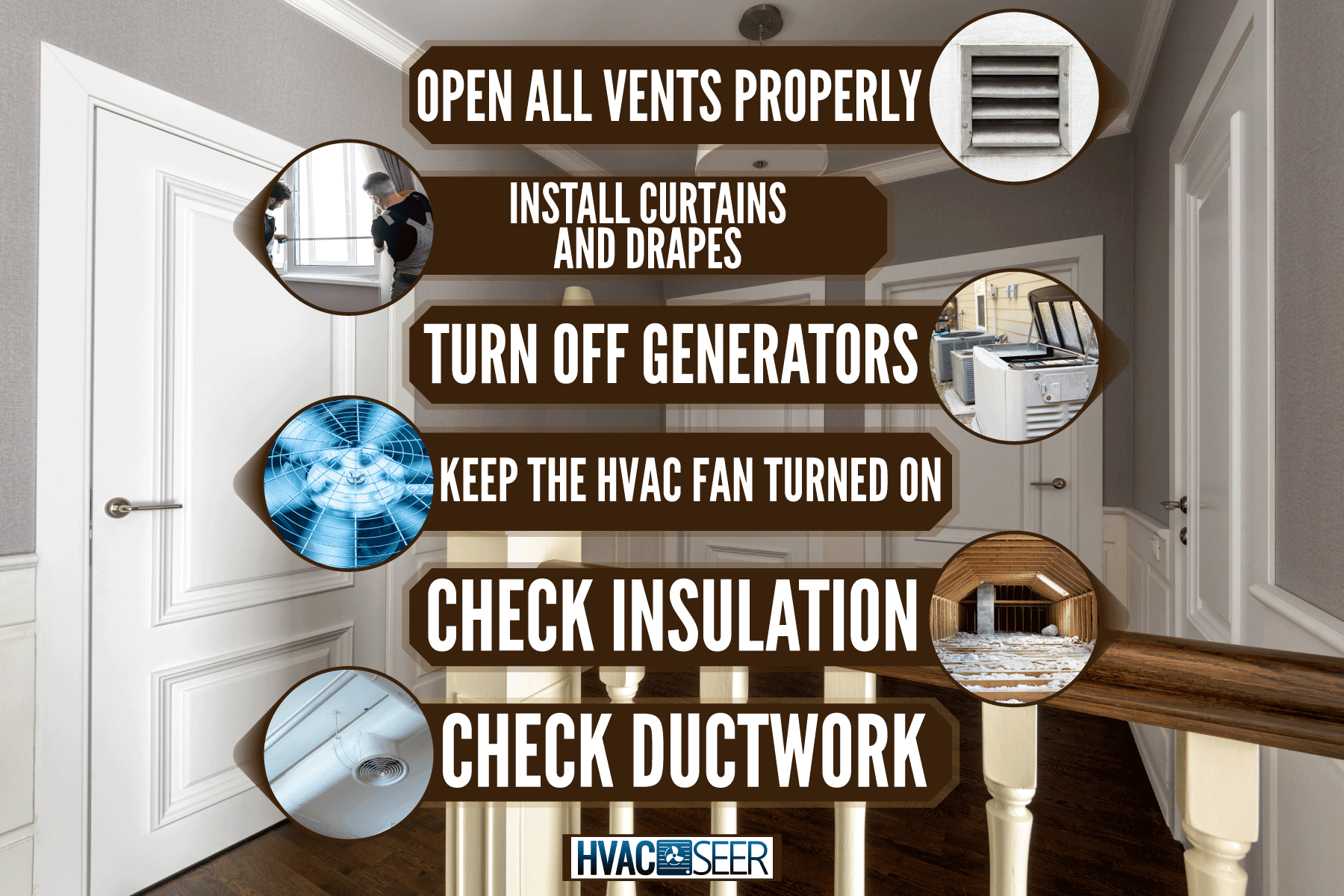
How to Cool the Upstairs Rooms
Here are some options to help you in cooling your upstairs rooms.
Open Vents
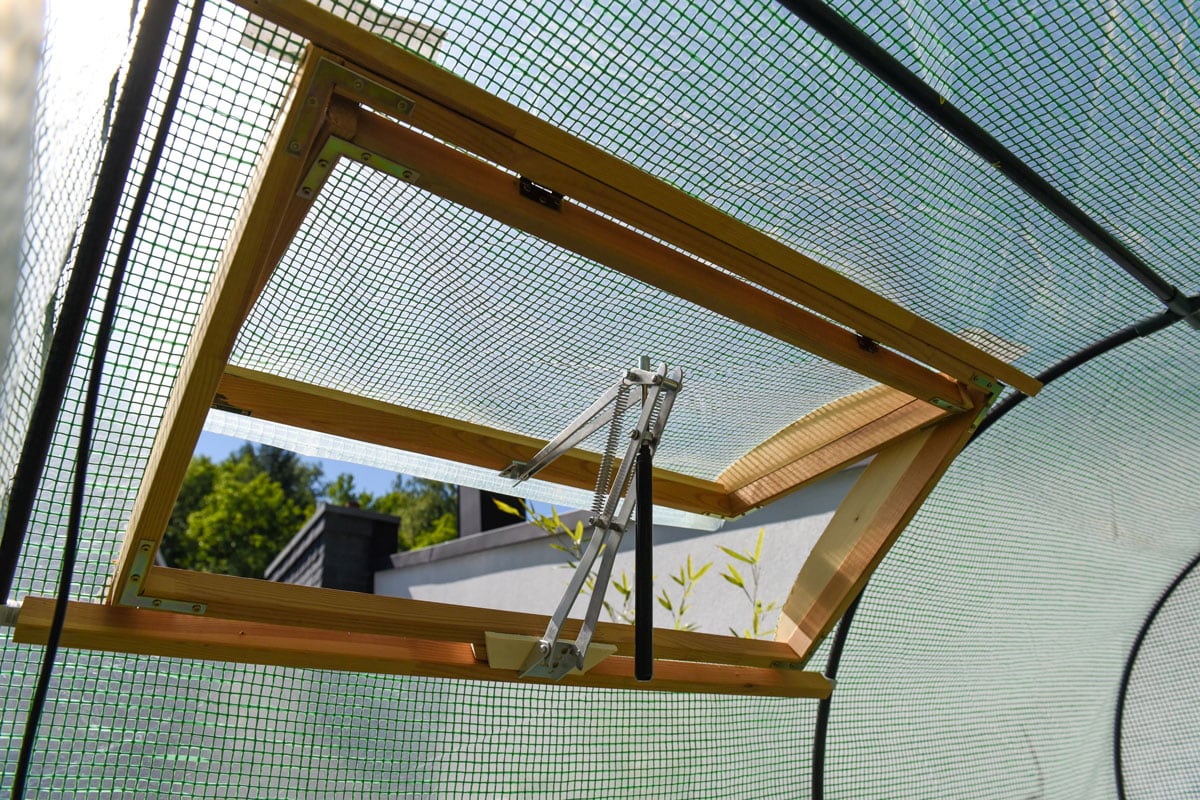
Proper ventilation creates a healthy indoor environment and keeps the air fresh to breathe.
To create a ventilated room upstairs, enough air should be circulated in the entire space. Close all the vents from the main floor to push the air throughout the house.
The HVAC system pushes the same air from the ductwork. When the air reaches a dead end, there will be no escape. It will build high pressure on the ductwork where vents are closed. The extra force may cause leaks and future problems.
Make sure that the upstairs is fully ventilated. If you need extra air upstairs, a damper on ductwork might work. This will guide the air to its desired locations and is the best way to keep the upstairs room at any temperature.
Install Light Curtains
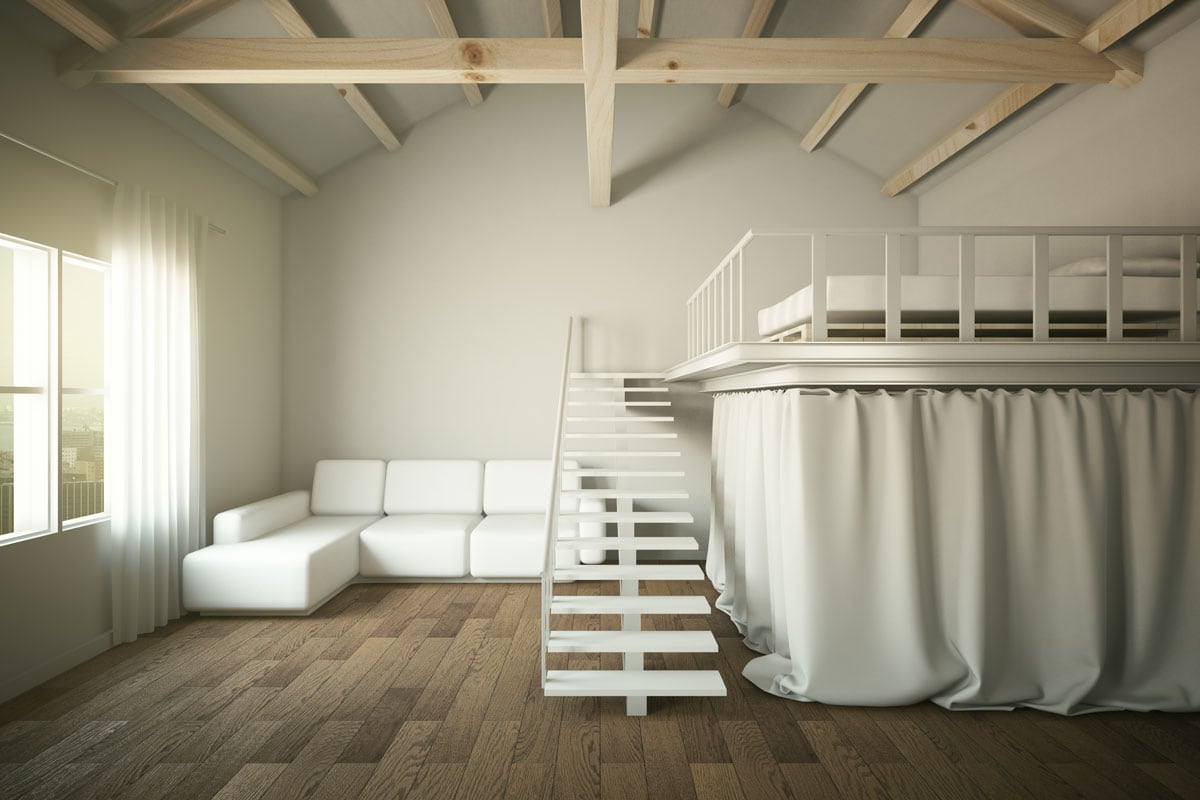
Curtains make a big difference in how they affect upstairs room temperature. They regulate the heat coming from the windows and trap the heat that is already in the room.
To keep the heat out of your room, install light curtains or drapes. Light colors will neutralize the sun's rays and prevent the top floor from becoming a sauna.
Dark-colored curtains invite heat and allow it to linger. It won’t solve the problem but reflecting the sunlight will help.
How to choose the right curtain material
Most curtains block the sunlight. Although the degrees vary, the ability to do so depends on the following:
- Color – The darker the curtain, the warmer the upstairs room.
- Material – Blackout curtains trap 99 percent of sunlight as tightly woven and double-lined fabric.
- Location – The effectiveness of the curtains to keep the upstairs room cool will depend on their location or where you will place them.
Turn Off Heat-Producing Devices
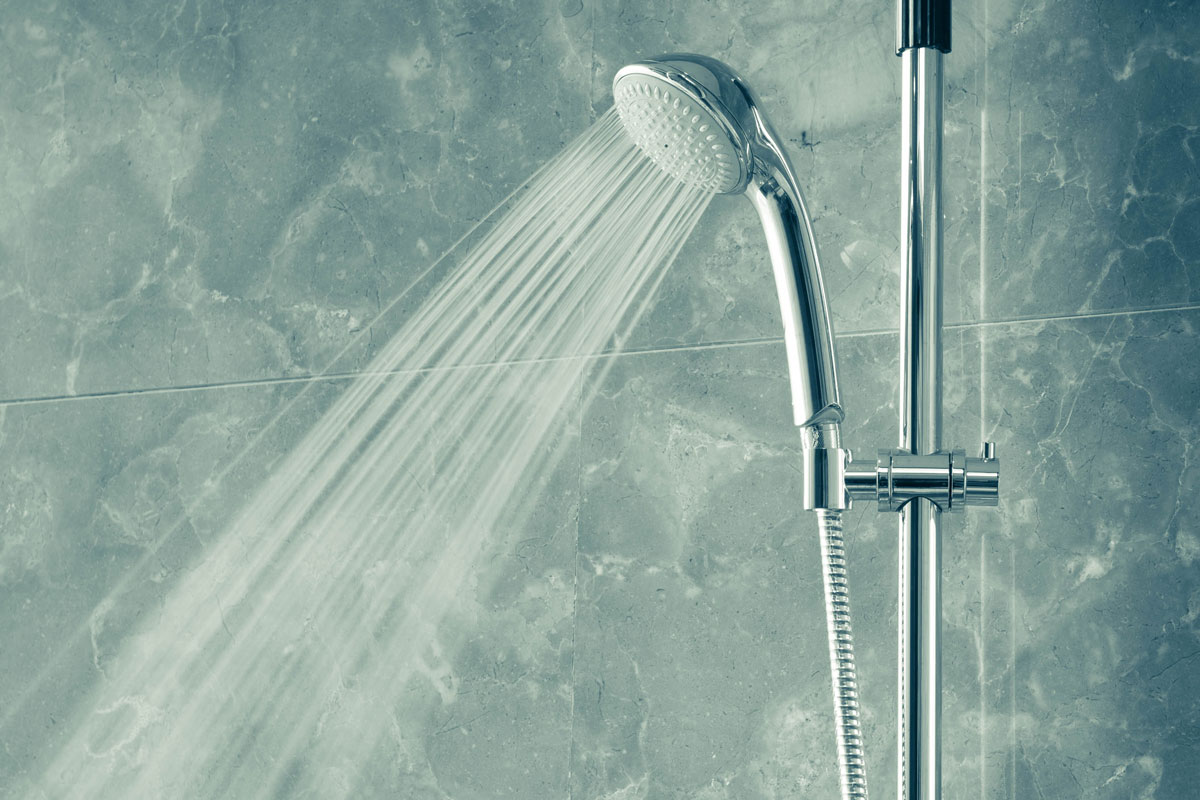
Keep all heat-producing devices and appliances off during the peak of the summer season or the hottest days. These devices include clothes dryers, blowers, televisions, hot showers, and more.
Running these on the main floor produces heat which rises and stays upstairs. Be mindful of what you use during the day to keep the upstairs room cool.
Check Ductwork
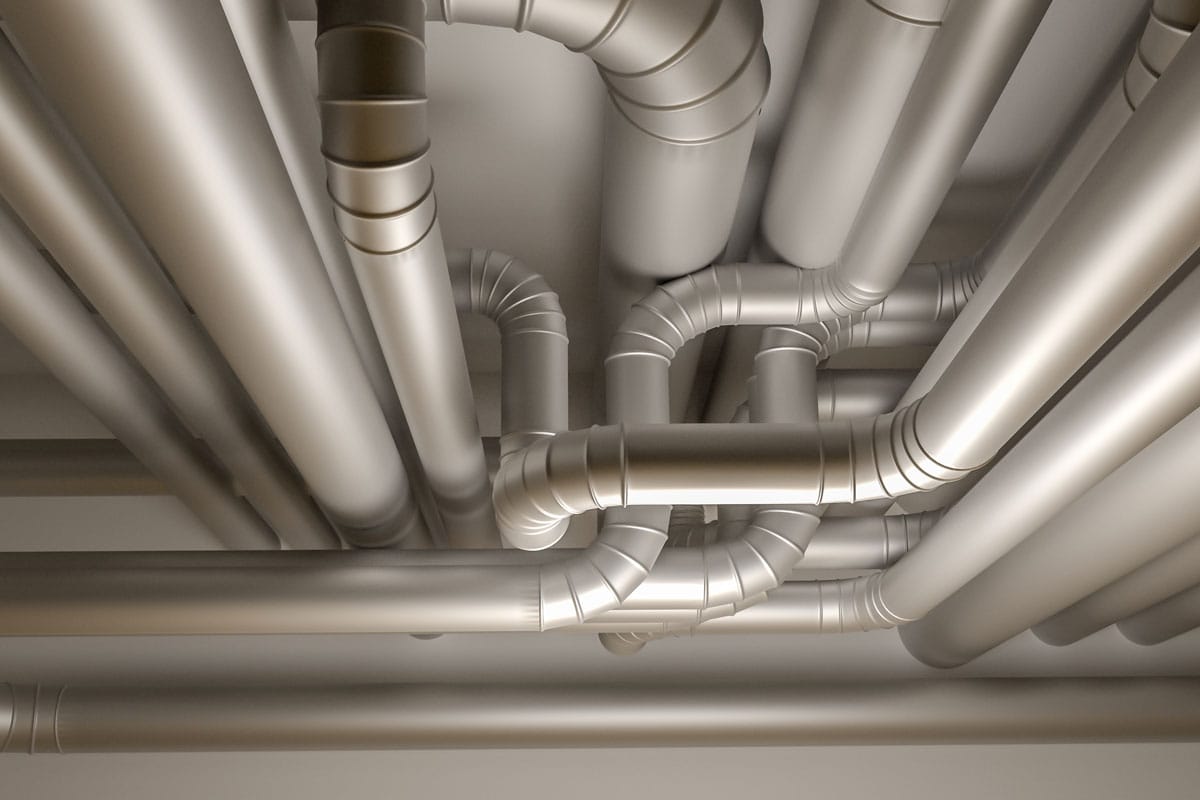
Get your ducts in a row to keep things cool upstairs. Air conditioners work hard to send cold air to the entire house.
Do not leave it unattended for leaks in the ductwork. This can be one of the reasons you can sleep the entire night. In some cases, adding an extra duct can prevent leaks, thus making the room cool.
Install Insulation
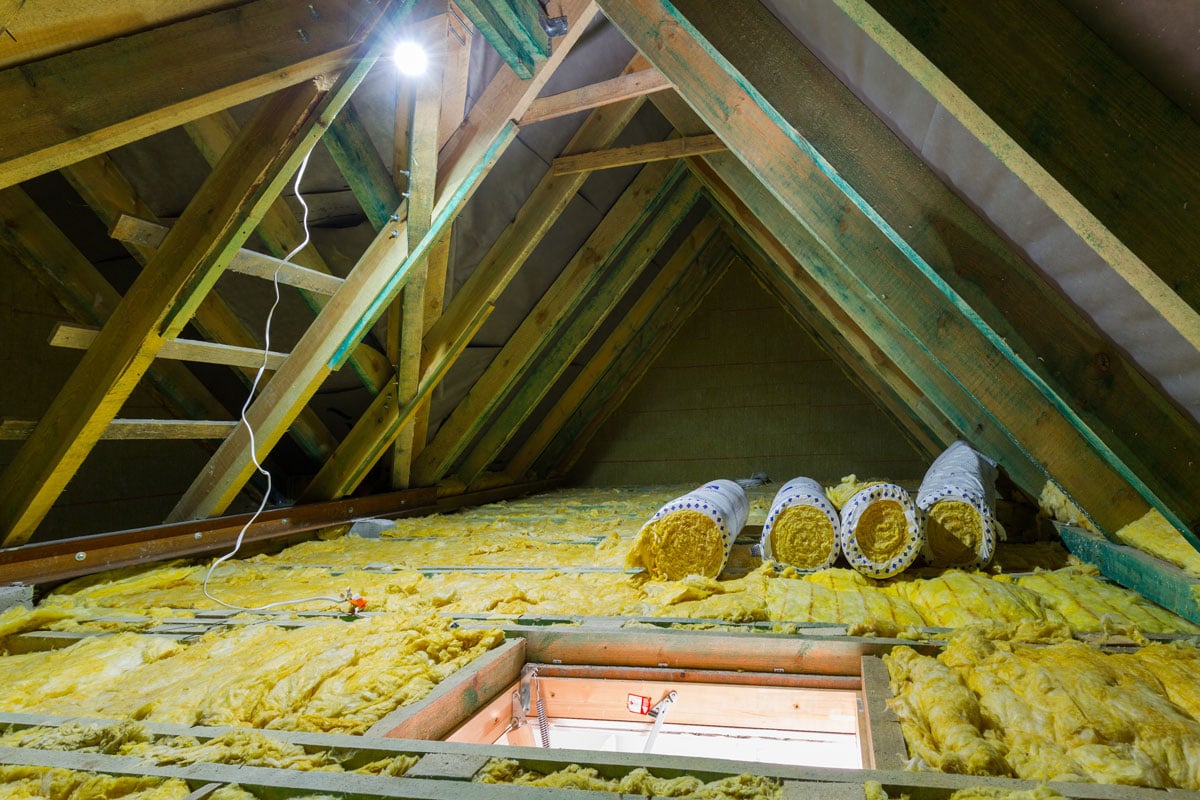
Insulation is important in most houses and buildings. It will keep you warm during winter and cool during summer. Lack of insulation in the upstairs or attic will make you feel hot all day when summer comes arounds.
Why Not Buy an Air Conditioner to Keep the Upstairs Room Cool?
Air conditioners are functionally different from fans. The latter does not actually make the air cool but makes you feel cooler by moving the air around.
Air conditioners can increase your comfort during hot days but cost considerably more than fans.
Electricity Bill

Even the smallest, cheapest air conditioner will cost you a lot. If you are renting, you may run into problems with your landlord for not allowing you to install the unit.
If you live in a place that experiences warm weeks throughout the year, air conditioners might not be not common or readily available.
Impact on the Environment
You may be avoiding the use of air conditioners because of their environmental impact. Like any other burning fuel, air conditioners have a great impact on the environment.
This may be why you are keeping the house cool in your old way. You can, however, purchase an eco-friendly air conditioner, but it may be expensive if you have a tiny upstairs room.
Personal Well-being
If you go deeper into air conditioning units, you will find a lot of disadvantages. Having a runny nose during summer is sometimes caused by air conditioners and the spike in temperature they create compared to the outside temperature.
An air conditioner can make the air dry, which is not ideal for your health. Air conditioner filters should be regularly cleaned and maintained. If not, they can cause respiratory problems.
Another thing to consider is noise pollution, as with other electrical appliances. The continuous buzzing of an air conditioner can stress your mental health.
Other Alternatives
The good news here is that air conditioners are not the only solution to keep your room cool. They are not only the best alternative to DIY-ing and using electric fans.
There is one way to cool the room that will not affect your bills, health, and the environment. Even so, it will also cool your personal space in a more cost-effective way than using an air conditioner.
A personal air conditioner is a device that is based on evaporation instead of refrigeration.
Air Conditioners versus Air Coolers
These are both thermal devices or appliances that make a room cool. They remove the warm air by lowering the temperature. However, they have differences.
- Air conditioners – They use coolant to modify the temperature. They are effective and suited to cool large spaces. However, they are not budget-friendly. They aren't usually portable, and they are not as versatile as air coolers. Air conditioners consume more energy than air coolers.
This wall-mounted air conditioner is available on Amazon.
- Air coolers – They do not have refrigerants. They remove the heat from the air through water-absorbent pads. Some air coolers have refillable and detachable water tanks. You need to refill it at intervals.
This evaporative cooler is available on Amazon.
What If You Don’t Have an Air Conditioner?
Check out these ways to keep your upstairs cool during summer without using an air conditioner.
- Keep your windows covered. If left open during hot weather, the window will let warm air in, especially if it is direct sunlight.
- Let the wind do the work. If you are in a cross-ventilated room, take advantage of the airflow. This will create a cooling effect. Make it cooler by using a fan on the upwind side to generate quality airflow.
- Position the fan. Fans do not cool the air. They just circulate the air inside the room, so it speeds up the evaporation process. Place the fan in the lower ground corner with thick cool air. It will then push cool air to the entire room. You may also place the fan in the coldest part of the house and let the air circulate.
- DIY cold air. To create an artificial ocean breeze, prepare a fan and a bowl of ice. Put the bowl of ice in front of the fan. As the fan circulates, it will mimic a chilly breeze.
- Plant vines. Vines such as ivy grows easily and provide a cool shade. Vines reduce the warm temperature by trapping the sunlight.
- Say NO to incandescent lamps and bulbs. 90 percent of energy can be wasted using incandescent bulbs. Switch to fluorescent lamps to make your room cool while saving energy.
Final Thoughts
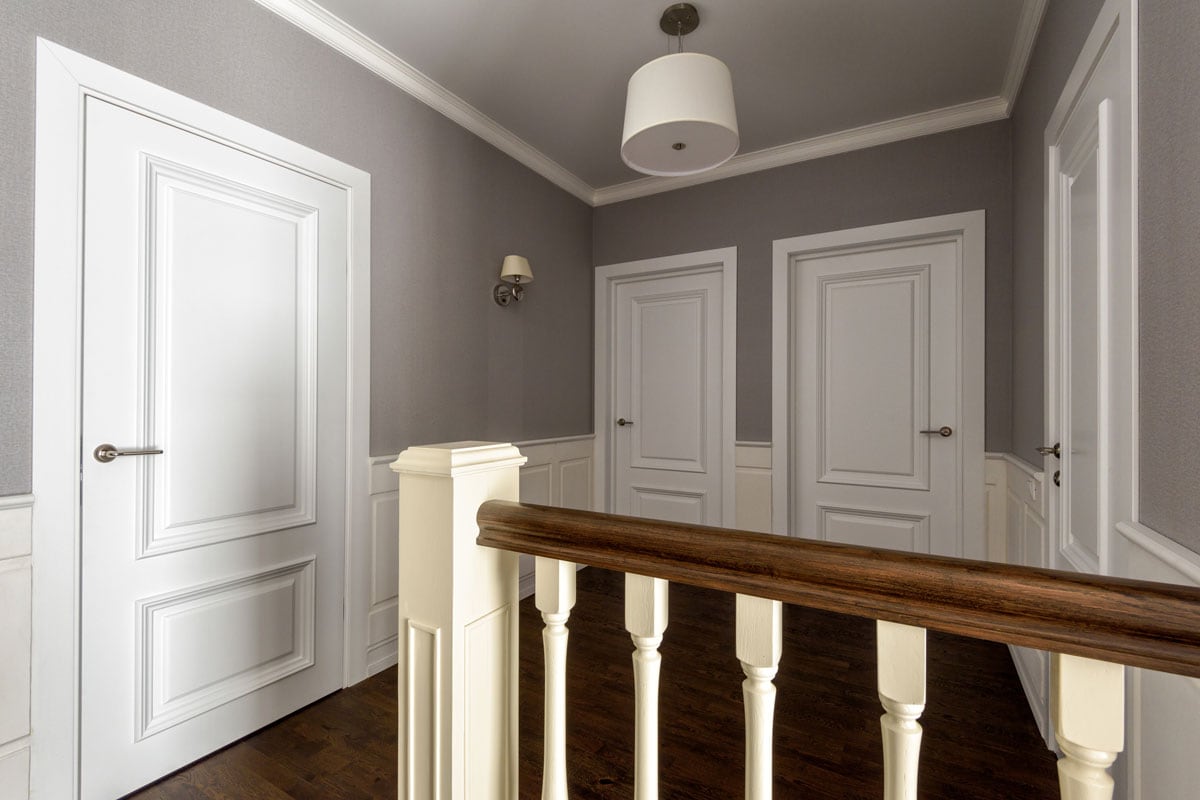
There's no denying that a hot, humid upstairs room can be unbearable during the summer. But learning how to make the room cool may help your expectation of what your room should be like.
Air conditioners and air coolers have different effects on your health and the environment. Make sure to choose one that suits you.
If you enjoyed reading this article, you may want to read other related posts:
Do Humidifiers Cool The Air In A Room?


